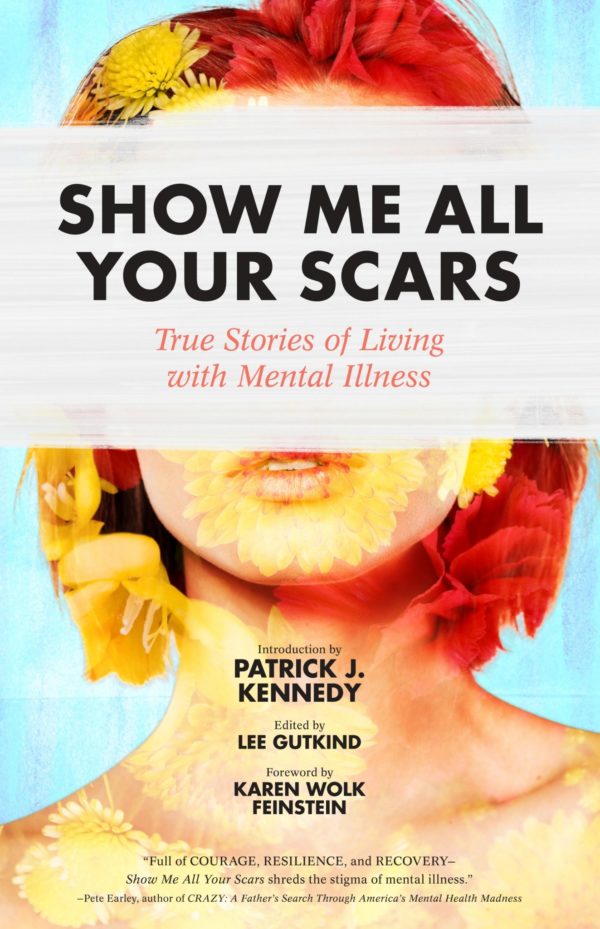June 18, 2018
Combat stigma. Write your story.
 Think about how difficult it was for Kate Spade and Anthony Bourdain to have lived two lives –public figures with amazingly successful careers, while each day confronting the awesome and often unimaginable challenges of living with and concealing mental illness. Could they have told their stories, shared their feelings of isolation and pain—outed themselves, so to speak–to their many friends and admirers?
Think about how difficult it was for Kate Spade and Anthony Bourdain to have lived two lives –public figures with amazingly successful careers, while each day confronting the awesome and often unimaginable challenges of living with and concealing mental illness. Could they have told their stories, shared their feelings of isolation and pain—outed themselves, so to speak–to their many friends and admirers?
Yes, of course, but it also might have made their lives considerably more difficult to manage, their struggles more acute, considering the potential backlash—stigma.
The stigma against mental illness is, in many ways, as destructive as the mental illness itself. In any given year, more than 60 million people in this country will have a diagnosable mental illness, and 15 percent of those can be considered seriously mentally ill. By some estimates, nearly half of American adults will struggle with some form of mental illness in their lifetime.
And it is not only those who suffer from serious mental illness; family members and friends are often viewed with trepidation and distrust. Because of the stigma, a diagnosis of mental illness can threaten a person’s relationships and even livelihood and reputations, as Bourdain and Spade might have feared. But stories of their heroic struggles might have been impactful for so many of us who share similar secrets and burdens.
I believe that one of the most important tools we have for combating stigma—by making it clear that mental health difficulties are not so unusual, and by fostering empathy and understanding and helping people appreciate others’ experiences more fully and compassionately—is telling true stories. Specifically, personal narratives and memoirs can make a tremendous emotional impact on audiences.
Patrick J. Kennedy is the son of Edward (Ted) Kennedy, and former member of the U.S. House of Representatives and the nation’s leading voice on mental illness, addiction and other brain diseases. During his 16-year career representing Rhode Island in Congress, he fought a national battle to end medical and societal discrimination against mental illness, highlighted by his lead sponsorship of the Mental Health Parity and Addiction Equity Act—and his brave openness about his own mental health challenges.
In his introduction to a book that I recently edited, Show Me All Your Scars: True Stories of Living With Mental Illness, he writes: “For far too long, silence, shame and stigma has surrounded mental illness in this country. Everything in our culture has told us to clam up and suck it up. The only way for this discrimination to change is for people to share their truth. Total honesty is essential, not only for recovery, but also for changing societal attitudes and enacting public policies.”
In Show Me All Your Scars, I have collected twenty true stories from writers experiencing various forms of mental illness—from schizophrenia to post traumatic stress disorder, from bipolar disease to suicide ideation and self-harm. These writers have all made themselves vulnerable by confronting the stigma and telling their stories in hopes that readers might better understand the challenges they have confronted to live productive and impactful lives.
The title of this collection comes from one of the stories in this collection, and in many ways it signifies what all of these writers are doing. Whether visible or not, their scars can be seen as badges of achievement and sacrifice and courage— and maybe even hope. The author of the title story observes, “We understand that private suffering can be transformed, that it can have an impact on the world. We’ve learned the alchemy of pain, and some of us find that anguish does not always turn into violence. It can become something beautiful, too.”